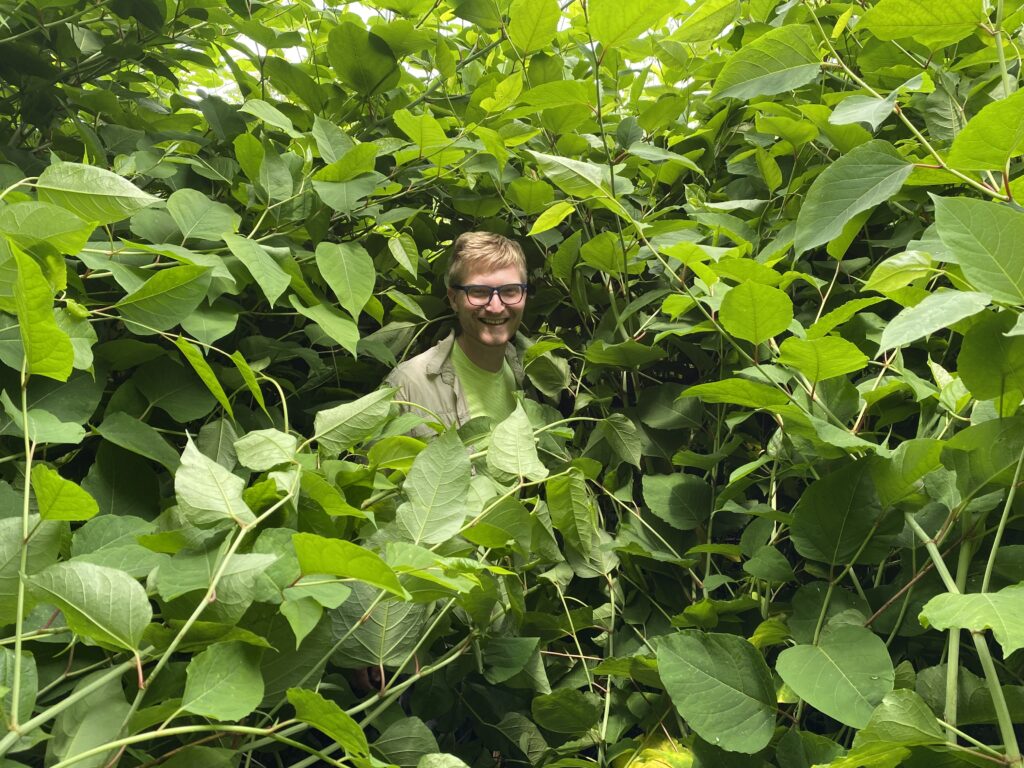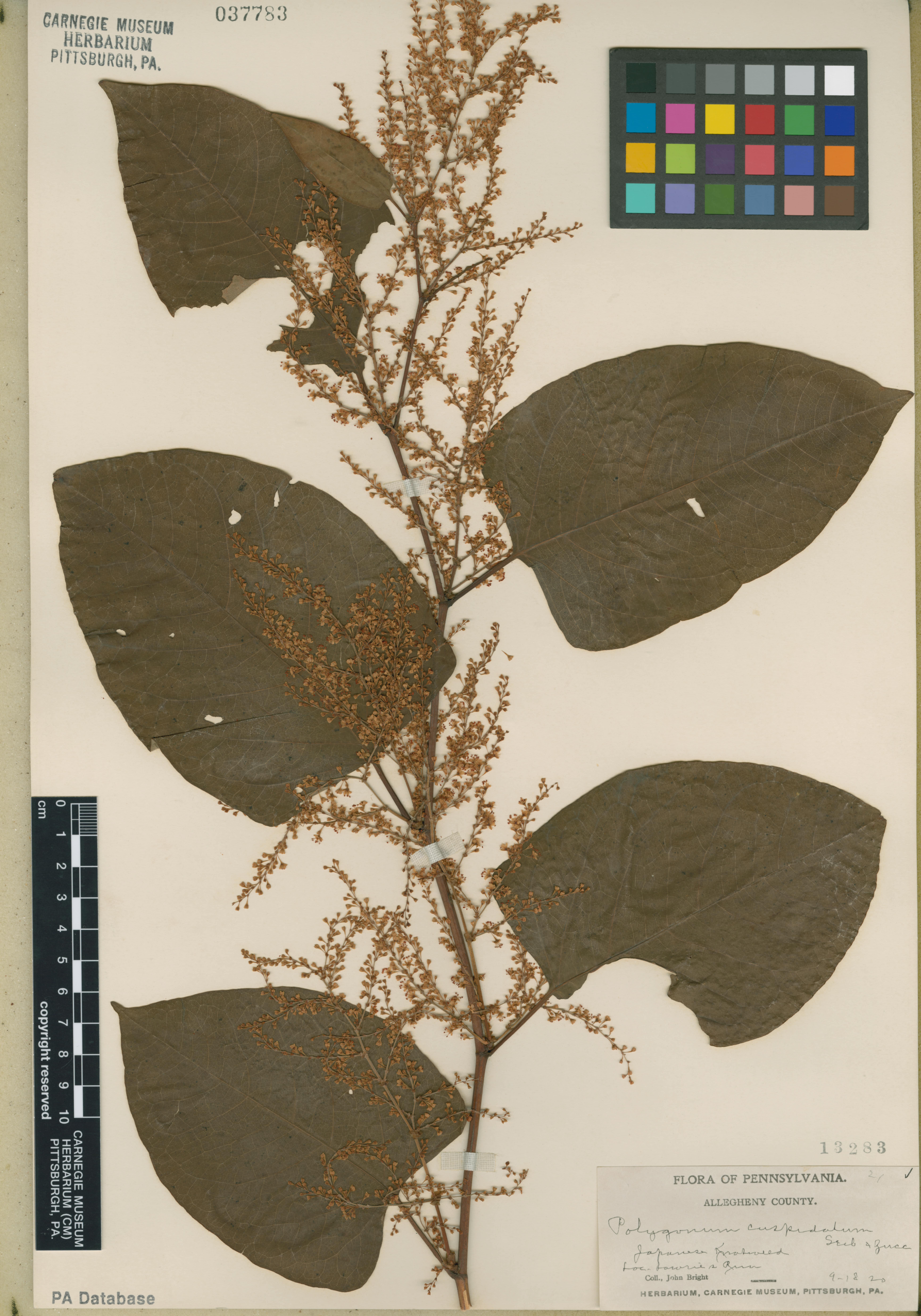Pittsburgh, Pennsylvania, July 11, 2023 — Thanks to a $225,000 grant from the Richard King Mellon Foundation, Carnegie Museum of Natural History (CMNH) will lead a collaborative education and outreach campaign to inspire local organizations and the public to act against the spread of invasive plant species across Pennsylvania and Central Appalachia. Partner organizations will include Audubon Society of Western Pennsylvania, Phipps Conservatory and Botanical Gardens, Pittsburgh Botanic Garden, and other organizations.

CMNH cares for a collection of more than 550,000 plants specimens, the largest collection of Western Pennsylvanian plants in the world. The museum will leverage this collection and the scientific expertise of its own researchers and partner organizations to create and distribute a robust toolkit of resources designed to generate public awareness of invasive plants’ impact on local ecosystems and what people can do to slow their spread and prevent future introductions. Resources are anticipated to include museum exhibition content, digital assets, videos, maps, infographics, printed materials, and shared messaging that can be customized to the unique needs of each participating organization’s audience. The campaign will be distributed across a variety of outlets, including social media, printed handouts, and interpretive displays.
“We’re grateful to the Richard King Mellon Foundation for this opportunity to convene the expertise of amazing colleagues in sister institutions to develop best practices for communicating about invasive species,” said Mason Heberling, CMNH’s Associate Curator of Botany. “We hope to cultivate an already growing audience and to empower the people of Western Pennsylvania to make a difference in the prevention and management of invasive species.”

The campaign will launch later in 2023 and continue through December of 2024, but the outcomes will continue well beyond that timeline. CMNH content will include a new interactive exhibit in the museum’s Hall of Botany and an exhibit at Powdermill Nature Reserve, the museum’s environmental research center located in the Laurel Highlands. CMNH will also create a free online repository for educational materials and curate a social media campaign linking the institutional partners to generate awareness and community participation across their respective networks of followers. “From weeds in your garden to invasive species in natural areas, the topic of introduced plants is not only a scientifically complex problem, but also a societally complex one,” added Heberling. “Many invasive plants were intentionally planted at first—and some continue to be planted—with environmental consequences often realized only decades later. Species invasions are one of the top drivers of biodiversity change, here in Pennsylvania and around the world.”
About the Richard King Mellon Foundation
Founded in 1947, the Richard King Mellon Foundation is the largest foundation in Southwestern Pennsylvania, and one of the 50 largest in the world. The Foundation’s 2021 year-end net assets were $3.4 billion, and its Trustees in 2022 disbursed more than $152 million in grants and program-related investments. The Foundation focuses its funding on six primary program areas, delineated in its 2021-2030 Strategic Plan.
